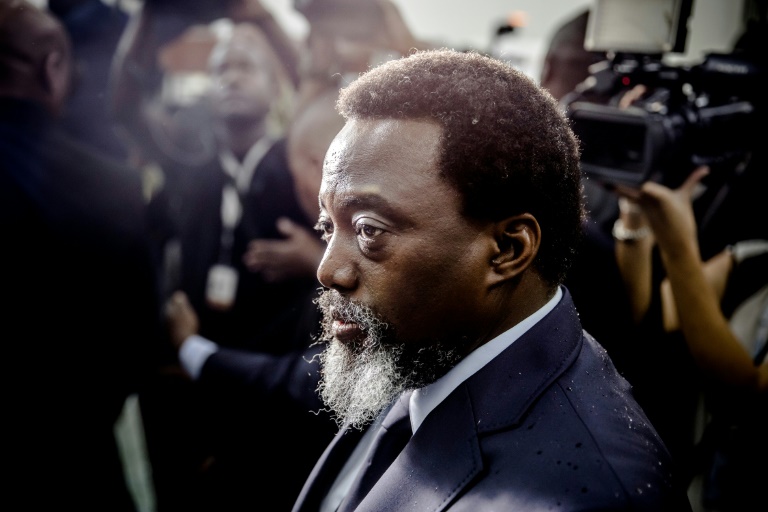
The National Assembly voted this Wednesday, January 27, by an overwhelming majority a motion of no confidence against the Prime Minister close to former President Joseph Kabila, consecrating a political victory of the current head of State, Felix Tshisekedi.
The motion of censure was passed by a large majority: 367 in favour out of 377 voters. For the deputies who defended this motion, the government of the pro-Kabila Sylvestre Ilunga was “incompetent”, it had “not kept its promises”, for example in the security sector. These deputies also cited “the massacres that continue in the east of the country,” the presence of foreign armies on Congolese territory and the growing insecurity in the cities.
Finally, these parliamentarians denounced the lack of equity in the justice system, the maintenance of “anti-values” and especially corruption. The list of criticisms was long.
Prime Minister Sylvestre Ilunga finally did not come to this session. He wrote a communication to the National Assembly which was finally not read.
In his communication, Sylvestre Ilunga recalls that his government did not take office until nine months after the inauguration of President Tshisekedi, that the state coffers were then almost empty, foreign exchange reserves eroded. For the future ex-Prime Minister, this is due to an “unorthodox” management of public finances and slippages revealed on the occasion of the so-called “100 days” trial.
“It is necessary to relativize the responsibility of the government in the alleged failure alleged by some honourable deputies,” writes Sylvestre Ilunga. The head of the government even pleads for a shared, even preponderant responsibility of the head of state. He recalls that almost all the councils of ministers have been chaired by Felix Tshisekedi. “His orientations were subsequently cast in the form of council decisions,” he assures.
Like his colleagues of the pro-Kabila coalition, Sylvestre Ilunga does not recognize the competence of the provisional bureau to organize the vote of this motion and thus the whole legality of yesterday’s session. Without taking into account the vote of the day, he ends his communication by assuring to be at the disposal of the definitive bureau of the Assembly.
For the president of the provisional bureau, the debate on the authorization of the provisional bureau to examine this motion does not hold. During the session, he explained that it is the plenary assembly of deputies that dismisses the government and not the bureau that he heads. He announced the government as resigning. The Prime Minister theoretically has 24 hours to present his resignation to Felix Tshisekedi.
The People’s Party for Reconstruction and Democracy of former President Joseph Kabila reacted. The rapporteur of the Political Bureau of one of the main components of the FCC denounced what he called an “unfortunate precedent” and called for their membership in the opposition to be accepted.
